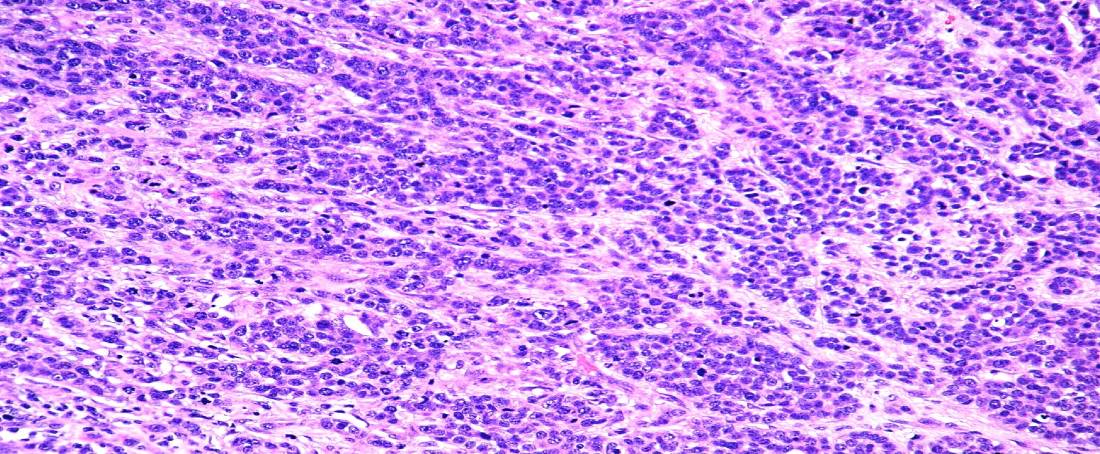Please wait...
Please wait...

In women, breast cancer is considered to be one of the most common and fatal malignancies. It is the reason behind almost all of the women’s mortalities among other cancers. Breast cancer has gained a substantial amount of attention due to the discovery of a sub-clone of cancer cells called breast cancer stem cells which are believed to be the reason behind tumour growth and inexhaustible ability to self-renew. These characteristics are found to be caused by stem cell-associated transcription factors which are observed to be active in malignant tumours participating in the determination of the cell’s differentiation fate. Transcription factor 3 (TCF3) is a protein and a member of the T-cell factor/lymphoid enhancer-binding factor family. It is considered to be the head of regulating epidermal and embryonic stem cell identity and function. Poorly differentiated breast cancers in humans have shown high expressions of TCF3 especially in basal-like subtype which suggested that it is involved in the regulation of this type of cancer’s cell proliferation. Experiments on silencing this gene in basal-like breast cancer cell lines, such as MD Anderson-metastatic breast-468 (MDA-MB-468) and human carcinoma cell line 1937 (HCC1937) gave rise to many astonishing evidence supporting the theory claimed. TCF3 was silenced in the MDA-MB-468 and HCC1937 basal-like breast cancer lines which lead to a decrease in the rates of cell proliferation as well as a noticeable decline in AKT (protein kinase B) and ERK (extracellular-regulated kinase) phosphorylated levels. Furthermore, silencing of TCF3 had a significant effect on tumour growth in vivo where the tumours formed from MDA-MB-468 cells which got implanted in mouse’s mammary glands, grew at a lower speed with less metastasis than those emerging from control cells. In addition to that, a control and TCF3-silenced MDA-MB-468 cells were injected into the mammary glands of a mouse which resulted in a 30-fold decrease in tumour initiating cell number in the population that had the silenced TCF3. The silenced TCF3 in further experiments had shown that TCF3 enhances the formation of colonies by breast cancer cells. Moreover, TCF3 showed a binary role in regulating Wnt gene (promotes self-renewal and tumour growth) in breast cancer cells where silencing of TCF3 lead to down regulation of 60 Wnt responsive gene and up-regulation of 88 other genes. These sets of experiments and further ones validated that TCF3 is highly expressed in breast cancer cells especially basal-like subtype has a vital role in enabling cancer cells to commence and sustain tumour growth, form breast cancer colonies, and interfere with other genes such as Wnt in a dual role in breast cancer cells.
Keywords: Stem cells, Breast cancer, Transcription factors, Tumour growth, Self-renewal
Image source:
Basal-like breast cancer, ER expression by Semir Vranic, available under Public Domain at https://www.flickr.com/photos/40764007@N08/4721152374/
Citation:
Soubhie Ali Basala. TCF3 playing a major role in maintaining tumour growth and limitless self-renewable cells in basal-like breast cancer. The Torch. 2021. 2 (31).
Available from: https://www.styvalley.com/pub/magazines/torch/read/tcf3-playing-a-major-role-in-maintaining-tumour-growth-and-limitless-self-renewable-cells-in-basal-like-breast-cancer/.
Article counter:
The article has been read 887 time(s)